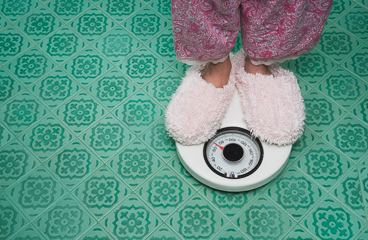What is fluid overload?
Fluid overload means that your body has too much water. The extra fluid in your body can raise your blood pressure and force your heart to work harder. It can also make it hard for you to breathe.
Most of your body is made up of water. The body uses minerals like sodium and potassium to help organs such as your heart, kidneys, and liver balance how much water you need. For example, the heart pumps blood to move water around the body. And the kidneys work to get rid of the water that the body doesn't need.
Health conditions like kidney disease, heart failure, and cirrhosis can cause fluid overload.
Other things can cause extra fluid to build up. I.V. fluids, some medicines, too much salt (sodium) from food, and certain medical treatments can sometimes cause this fluid increase.
What are the symptoms?
Some of the most common symptoms are:
- Gaining weight over a short period of time.
- Swelling in the ankles or legs.
- Shortness of breath.
How is it treated?
The goal of treatment is to remove the extra fluid in your body. Your treatment will depend on the cause. Your doctor may:
- Give you medicines, such as diuretics (also called "water pills"). They help your body get rid of the extra fluid.
- Recommend that you limit sodium.
Follow-up care is a key part of your treatment and safety. Be sure to make and go to all appointments, and call your doctor if you are having problems. It's also a good idea to know your test results and keep a list of the medicines you take.


